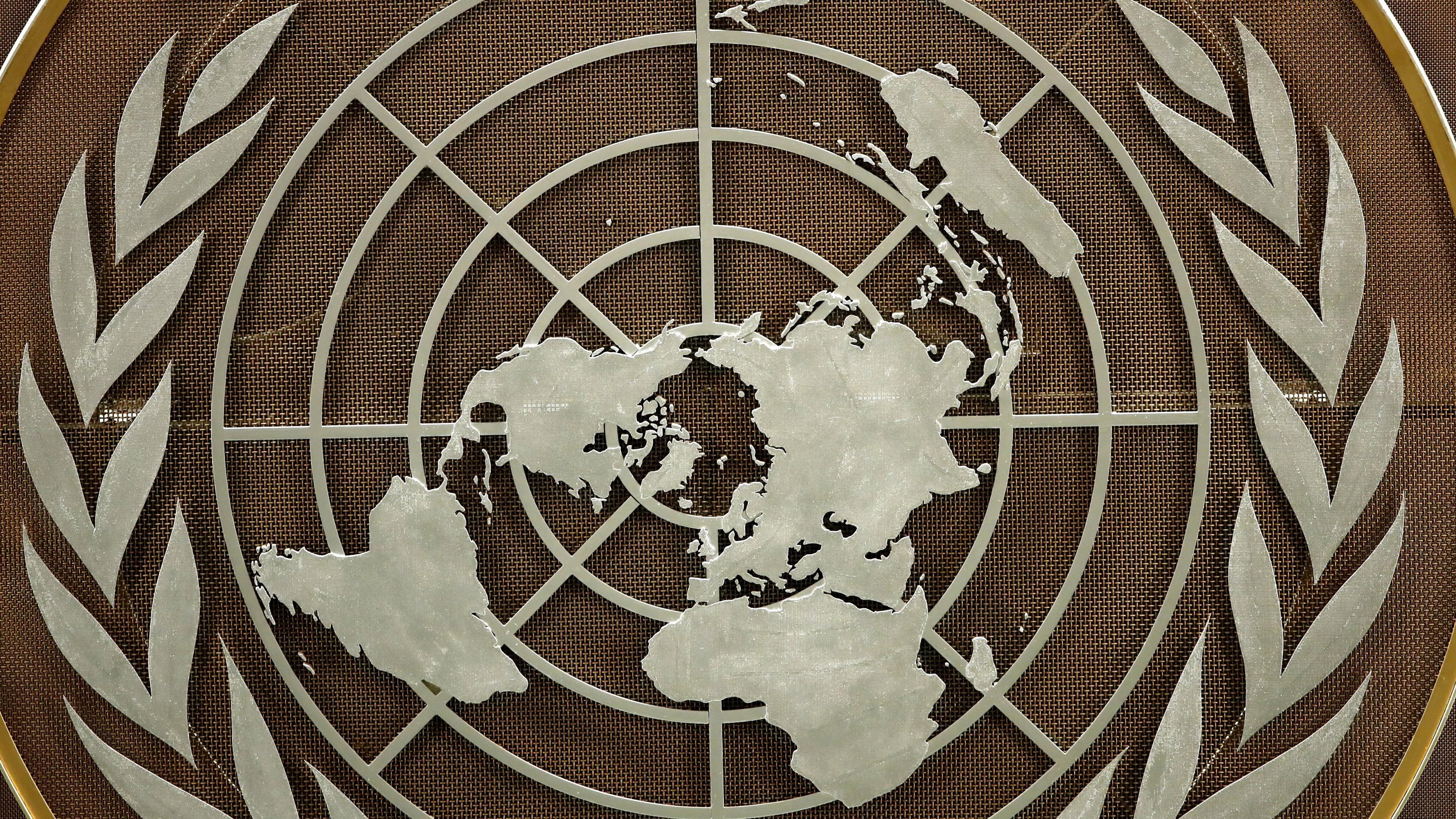 The logo of the United Nations is seen at the General Assembly hall at UN headquarters, on Sept 21, 2021. (PHOTO / AP)
The logo of the United Nations is seen at the General Assembly hall at UN headquarters, on Sept 21, 2021. (PHOTO / AP)
UNITED NATIONS - China secured its sixth term as a member of the UN Human Rights Council on Tuesday, becoming one of the most frequently elected in the council.
China previously held a seat as a Human Rights Council member in 2006-2012 (re-elected in 2009), 2014-2016, 2017-2019, and 2021-2023.
It was one of 15 states elected by the UN General Assembly to serve in the 47-member council for a three-year term starting Jan 1, 2024.
ALSO READ: China urges UN rights body to pay attention to Japan's discharge
Through secret ballot, Burundi, Cote d'Ivoire, Ghana, Malawi (for Africa); China, Indonesia, Japan, Kuwait (for Asia-Pacific); Albania, Bulgaria (for Eastern Europe); Brazil, Cuba, the Dominican Republic (for Latin America and the Caribbean); France, the Netherlands (for Western Europe and other states), were elected.
About a third of its 47 members are replaced every year so that the council members serve staggered three-year terms for the sake of continuity
Russia in the Eastern Europe group and Peru in the Latin America and the Caribbean group lost their bids. Russia failed to pass the threshold of 97 votes needed for election, while Peru, with 108 votes in favor, was outperformed by the three other contenders in the group.
READ MORE: UNHRC: US abortion bans put millions of women, girls at risk
Candidates in the groups of Africa, the Asia-Pacific, Western Europe and other states won comfortably as they were not challenged.
China, Cote d'Ivoire, Cuba, France and Malawi were re-elected.
Ten states will leave the Human Rights Council by year-end, namely Gabon, Senegal (for Africa); Nepal, Pakistan, Uzbekistan (for Asia-Pacific); the Czech Republic, Ukraine (for Eastern Europe); Bolivia, Mexico (for Latin America and the Caribbean); Britain (for Western Europe and other states).
ALSO READ: Development proved to be the best way to protect human rights
The Geneva-based UNHRC is an inter-governmental body responsible for promoting and protecting human rights around the world. About a third of its 47 members are replaced every year so that the council members serve staggered three-year terms for the sake of continuity.
Seats of the UN Human Rights Council are allocated on the basis of regional groups for the sake of geographical representation: 13 each for Africa and the Asia-Pacific; eight for Latin America and the Caribbean; seven for Western Europe and other states; six for Eastern Europe.


